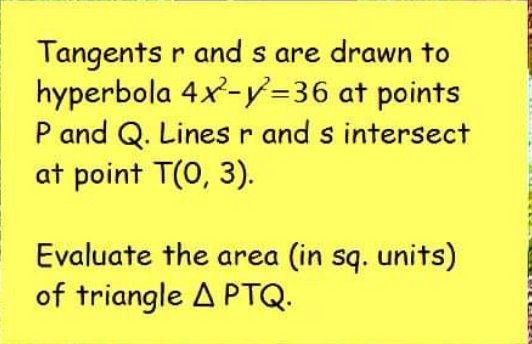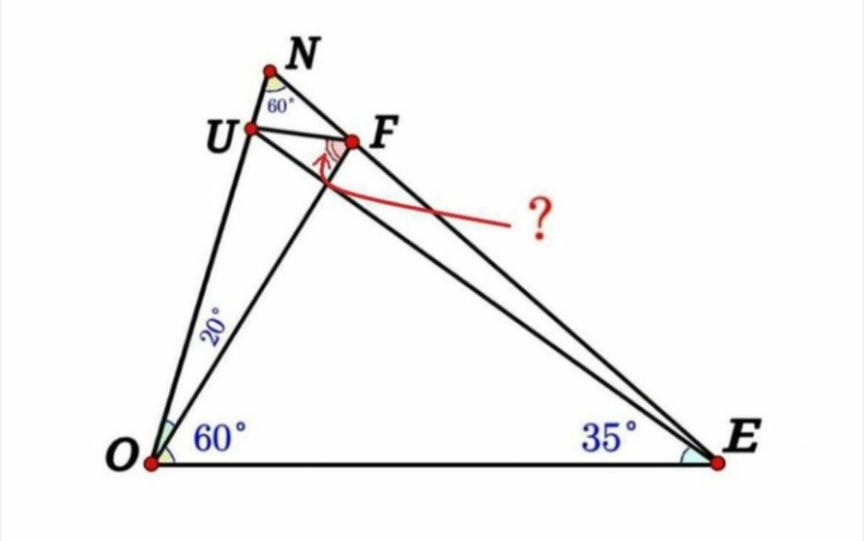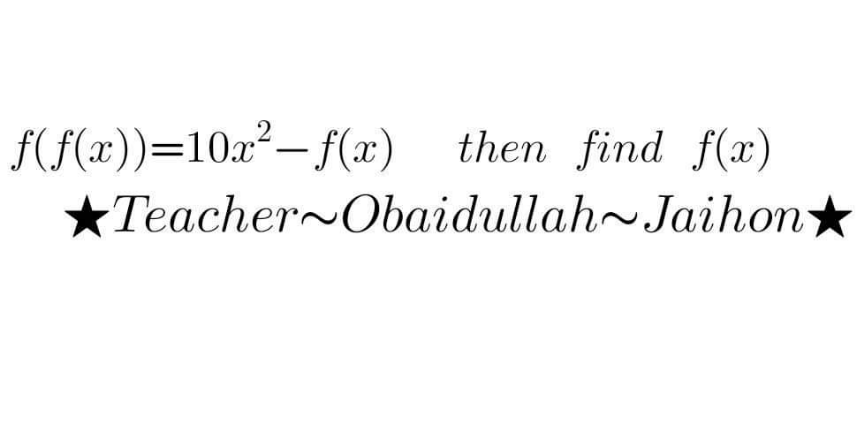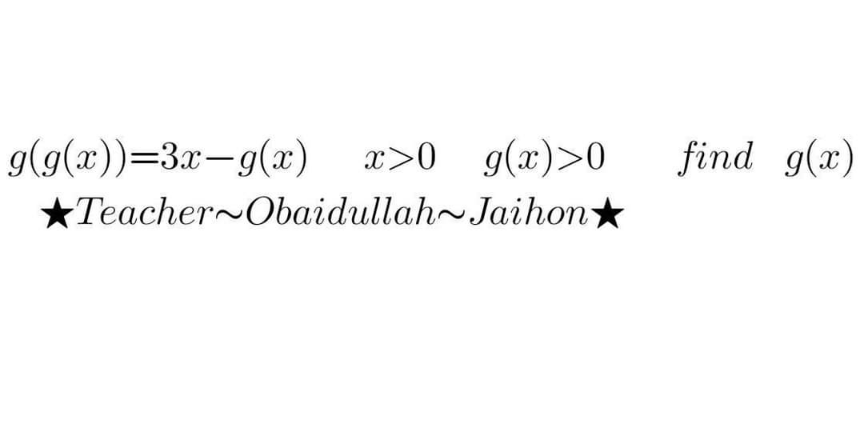
Question and Answers Forum
AllQuestion and Answers: Page 529












Pg 524 Pg 525 Pg 526 Pg 527 Pg 528 Pg 529 Pg 530 Pg 531 Pg 532 Pg 533
|
Question and Answers Forum |
AllQuestion and Answers: Page 529 |
| s>0 limΣ_(k=1) ^(2n) ( −1)^( k) .((( k)/(2n)) )^( s) = ? |
| ∫(x^n /( (√(x−x^2 ))))dx=? |
| 1^o Prove by recrrence that , for n≥28 , n!≥11^n . 2^o Deduce the limite of the suite (((n!)/(10^n ))) when n tend verse +∞. |
| ∫_0 ^(π/2) ln(sinx)ln(cosx)dx |

|

|
| find ∫(dx/(x+e^x ))=? |
| compare the following numbers ((12)/(15)) ,(3/5) |

|

|

|
| y = kx ; y = (k/x) ; x = k + 1 find the area of the surrounded figure |

|

|
| f(f(x))=10x^2 −f(x) faind f(x) |
| suppose the probability of a child being a boy is 0.5. Find the probability that a family of 3 children will have (i) at least two boys (ii) exactly two boys (iii) all girls |
| find the period of the function: y = tan ((πx)/k) + cos ((2πx)/(k + 5)) |
| (du/dx) = e^(((x/u))) find u |
| ∫_1 ^( 2e) (√(((x^2 +1)/(ln x)) (√(ln x^2 )))) dx =? |

|

|

|

|
| Ω = ∫ ((x^2 −3x+7)/((x^2 −4x+6)^2 )) dx =? |
| Σ_(n≥1) ^∞ (1/(n(2n+1)^2 ))=? |

|
Pg 524 Pg 525 Pg 526 Pg 527 Pg 528 Pg 529 Pg 530 Pg 531 Pg 532 Pg 533 |